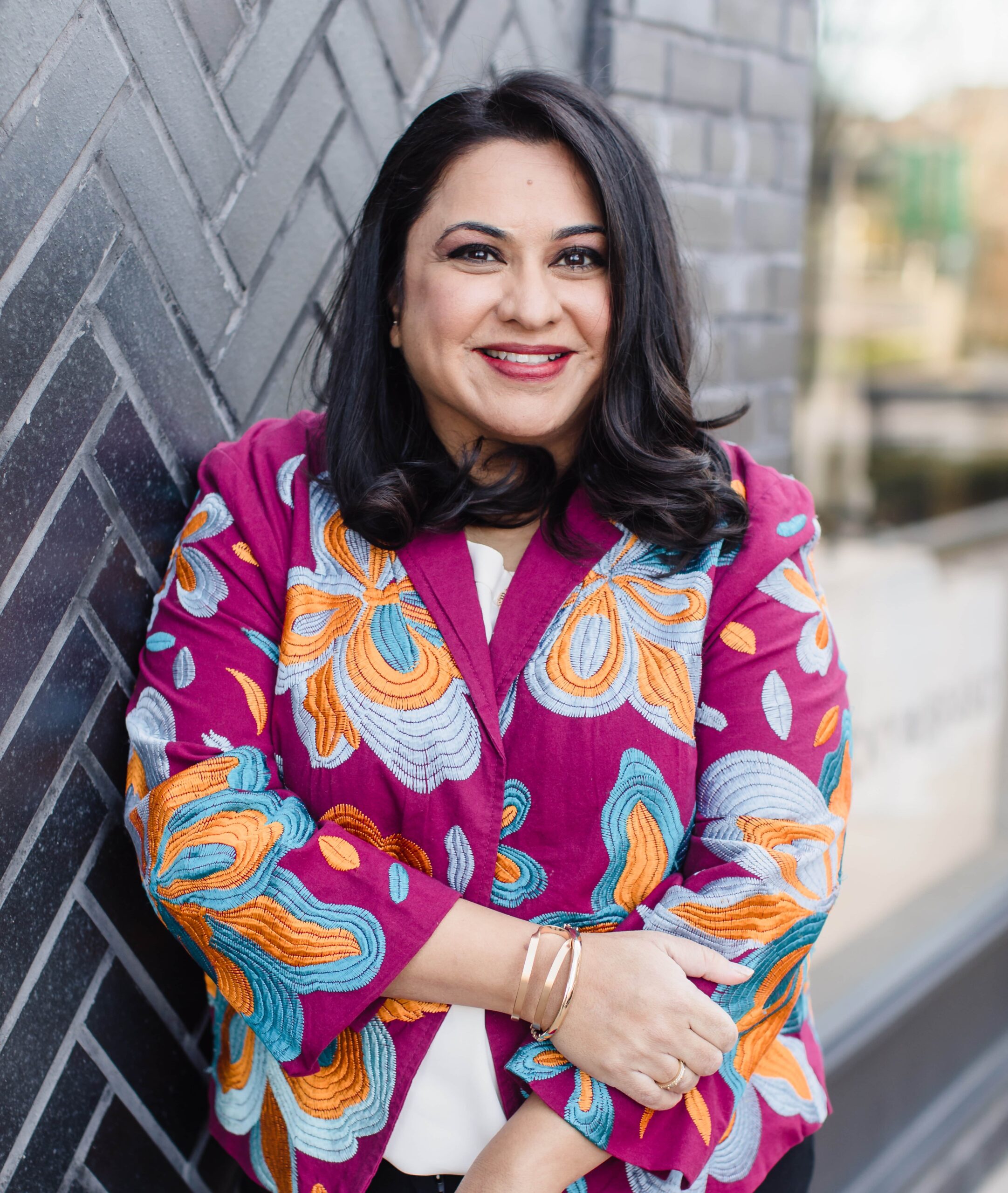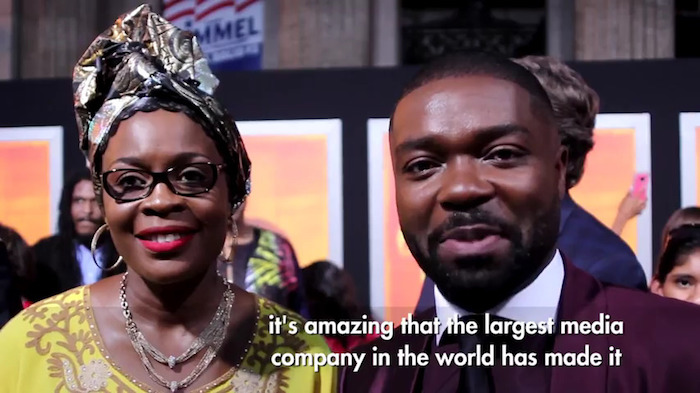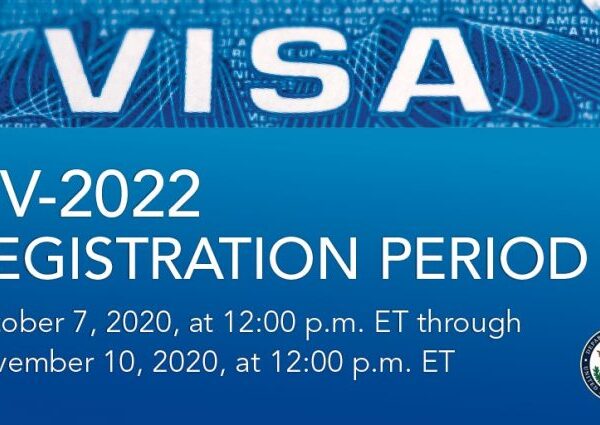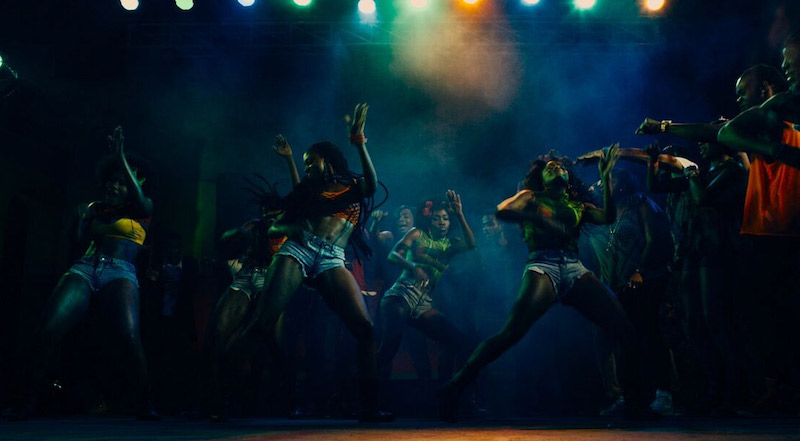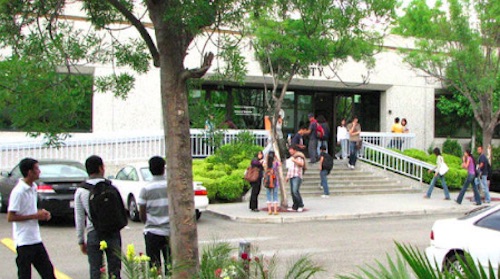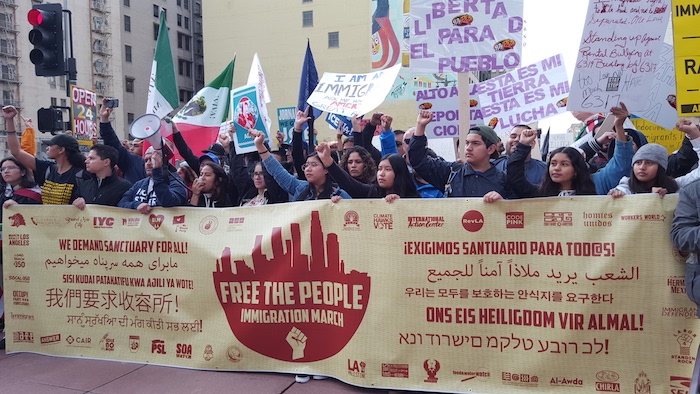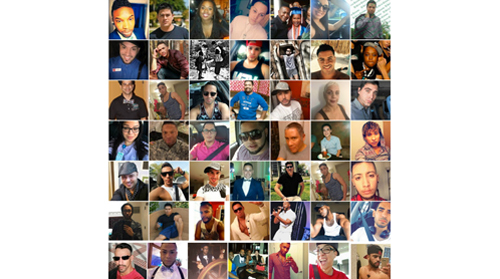Magazine, The Immigrant Experience
In the wake of the COVID- 19 pandemic communities of color are not only the most impacted by its financial ravages, but also by another pandemic that is considered taboo creating immeasurable trauma among its victims. Domestic violence is said to affect not only the victims that suffer but the community and nation as a whole and so healing must cover all the elements surrounding this dangerous pandemic.
Studies done by the New England Journal of Medicine reported last year show that one out of four women and one out of 10 men face abuse from an intimate partner or spouse. Anecdotal reports point to a dramatic rise in domestic violence since the start of the COVID-19 pandemic. At a zoom conference for ethnic media outlets hosted by Ethnic Media Services, experts discuss prevention and reconciliation programs that engage abusers as well as survivors, children in abusive households, and immigrant families.
Monica Khant, Executive Director of API, the Atlanta-based Asian Pacific Institute on Gender-
based Violence; working with immigrants who prioritize holding families together, began her work with the immigrant community as a result of the domestic violence she witnessed in her community growing up. The lack of resources and immigrants’ inability to access resources, legal counsel, and the effects of language barriers prompted her decision to become an attorney and advocate. She shared that immigrants tend to stay in abusive relationships out of cultural norms, shame, and taboos. The pandemic she shared has however made it even more challenging for victims who now have to stay in close quarters with their abusers. While in quarantine they are afraid to get help due to lack of privacy and a sense of security and protection living in such close quarters. Even worse is the lack of financial independence as many have lost jobs and are sometimes dependent on these abusers. API is helping to alleviate these challenges in its community especially in the areas of housing issues, law enforcement, and healthcare. She shared that the community needs to find solutions by using non-traditional methods such as going to law enforcement and providing immigration assistance. In this regard, non-profits can be of assistance and help provide some of these needs. Find resources at www.api-gbv.org
 Rev. Alysse Moore-Orbih, Executive Director, California Partnership to End Domestic Violence: finding pathways to heal, shared that it is unfortunate that this topic is not being discussed more fully in our society. This she said, is because we mostly see domestic violence from a personal experience whereas it is a societal problem. Human trafficking, sexual assault, and child abuse are all violations of our human and civil rights which speak to the health of our society. The trauma experienced in any of us has a lifetime impact both for the victim and its future generations, hindering their ability to lead life to the fullest capacity as human beings. To bring healing she said we must begin to dismantle the culture around power and control that are romanticized in Hollywood, in our corporations, families, traditions, etc. We must break down these norms especially in a society where people of color and women are most vulnerable. We must get to a place where patriarchy and hierarchy have no place in our society.
Rev. Alysse Moore-Orbih, Executive Director, California Partnership to End Domestic Violence: finding pathways to heal, shared that it is unfortunate that this topic is not being discussed more fully in our society. This she said, is because we mostly see domestic violence from a personal experience whereas it is a societal problem. Human trafficking, sexual assault, and child abuse are all violations of our human and civil rights which speak to the health of our society. The trauma experienced in any of us has a lifetime impact both for the victim and its future generations, hindering their ability to lead life to the fullest capacity as human beings. To bring healing she said we must begin to dismantle the culture around power and control that are romanticized in Hollywood, in our corporations, families, traditions, etc. We must break down these norms especially in a society where people of color and women are most vulnerable. We must get to a place where patriarchy and hierarchy have no place in our society.
Tina Rodriguez, restorative justice practitioner and Board President of California Coalition Against Sexual Assault: working with men incarcerated for domestic violence; shared the importance of cultural accountability in bridging the gap in services. Prevention cannot exist without the involvement of both the victim and the perpetrator. Our youths, sons, and daughters need to be educated about the perils of domestic violence. It is also very crucial to note that racial inequities affect black men and the oppressed ability to get resources. This affects Latinos as well. The expectations placed upon them compounded with fear of failure add to violent impulses. As a culture, we must open up discussions and teach our daughters how not to be with someone who will not isolate them because systems cannot teach this.
She also stressed the importance of healing by getting rid of taboos that are deadly. Using survivors’ stories can also bring healing and empowerment. Empathy she said is a very important component of healing. Helping perpetrators who are caught up in the jail system is a necessary aspect for both as they will certainly cross paths at some point.
Jerry Tello, founder/director of Training & Capacity Building, Compadres Network engaging young people to break the intergenerational cycle shared his experience growing up in Compton and how his life and career choice were shaped by those experiences. Having experienced the Watts riots and lived under the vigilant eyes of the National guards created trauma both at home and at school, causing him to bottle his feelings. When his father passed away he was unable to cry. Seeing lots of black and brown boys locked away was tough and yet there was nowhere to share such feelings and these are some of the reasons he chose to become a psychiatrist. Now working in communities he uses his experiences and professional skill sets to assist with families that are traumatized. Tello shared that as a culture we must stop demonizing each other and create programs that will help and provide a safe space to deal with trauma and emotions. His organization has in the last 30years developed rights of passage programs for young men and women.

